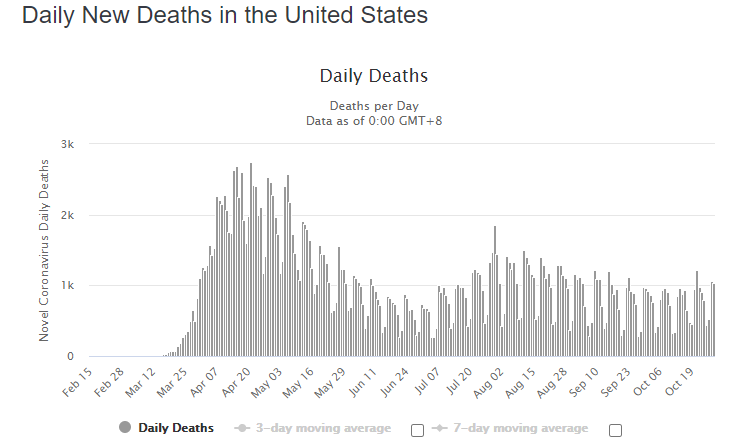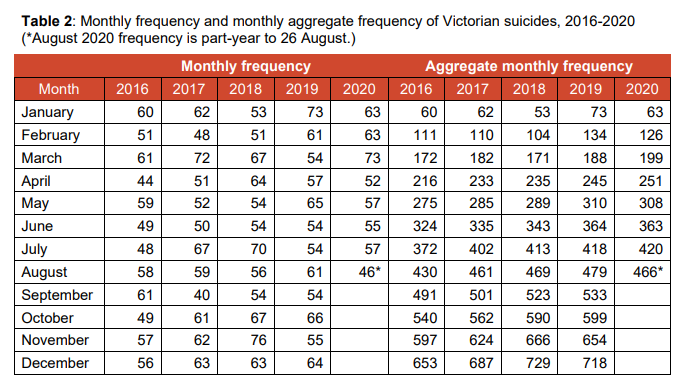
It is perfectly reasonable to describe negative consequences of govt action like lockdowns, however it is totally nonsensical to compare this to life as normal when in reality the alternative is an out of control epidemic
If you pretend, in the face of all evidence, that there are no negative economic and social outcomes that can be attributed to a massive rise in COVID-19 cases, then you are just being intellectually dishonest
Moreover, I think there's a matter of scale that people don't really understand - despite the enormous ongoing epidemic in the United States, it's unlikely that more than 20% of the country has been infected with COVID-19
The epidemic could still take months/years to resolve!
The epidemic could still take months/years to resolve!
In England, the Office for National Statistics estimated recently that just over 1% of the country was infected with COVID-19 over the course of a week, meaning that it could take over a year of this level of economic disruption to get back to anything approaching normal 😕
• • •
Missing some Tweet in this thread? You can try to
force a refresh








